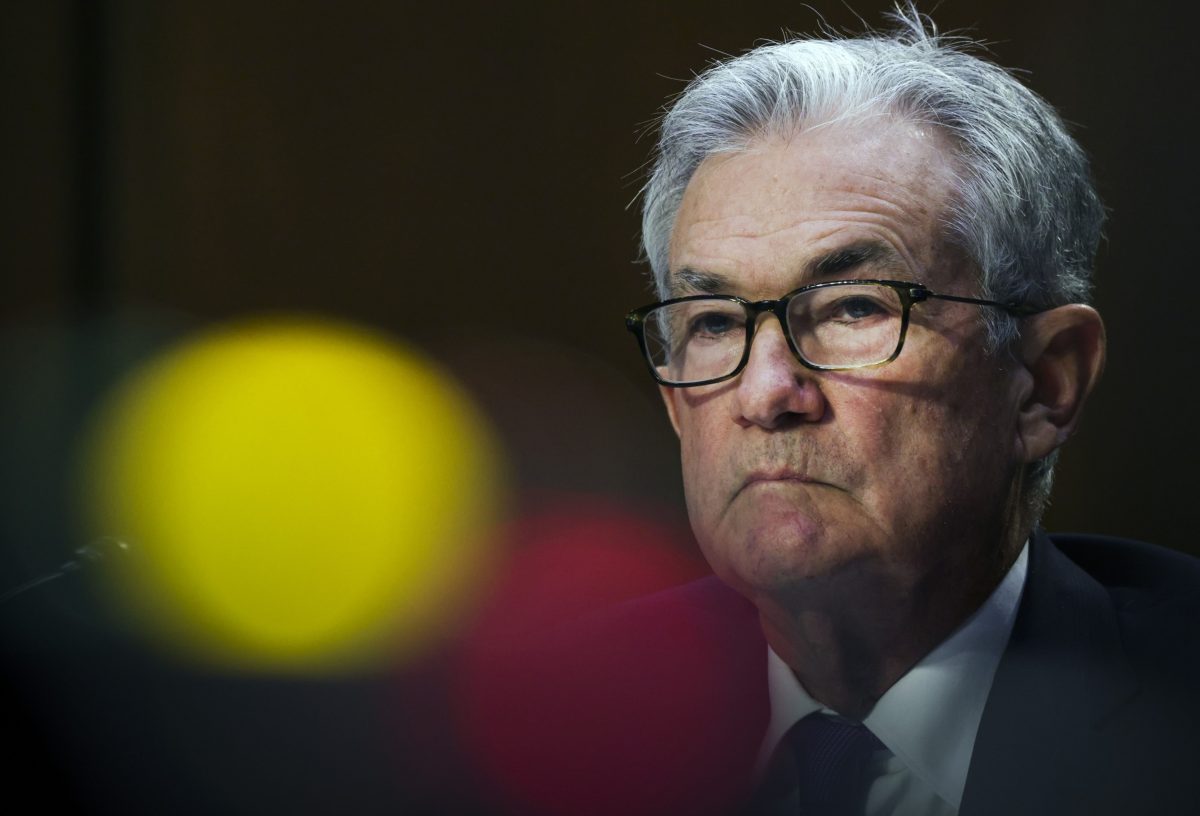Federal Reserve watchers said the central bank will abandon its patient policy stance and cut interest rates in coming months as President Donald Trump's planned new tariffs on Mexican goods may drag down U.S. economic growth.
JPMorgan Chase & Co. chief U.S. economist Michael Feroli now projects quarter-point rate reductions in September and December, while Barclays Plc's Michael Gapen sees a half-point cut in September followed by another quarter-point by yearend. NatWest Markets economists and former Fed Governor Laurence Meyer also said the central bank will act to bolster an economy that is being buffeted by trade tensions and other headwinds.
“Even if a deal is quickly reached with Mexico, which seems plausible, the damage to business confidence could be lasting, with consequences that might still require a Fed response,'' Feroli said in a note to clients on Friday.
Complete your profile to continue reading and get FREE access to Treasury & Risk, part of your ALM digital membership.
Your access to unlimited Treasury & Risk content isn’t changing.
Once you are an ALM digital member, you’ll receive:
- Thought leadership on regulatory changes, economic trends, corporate success stories, and tactical solutions for treasurers, CFOs, risk managers, controllers, and other finance professionals
- Informative weekly newsletter featuring news, analysis, real-world case studies, and other critical content
- Educational webcasts, white papers, and ebooks from industry thought leaders
- Critical coverage of the employee benefits and financial advisory markets on our other ALM sites, PropertyCasualty360 and ThinkAdvisor
Already have an account? Sign In Now
*May exclude premium content© 2025 ALM Global, LLC, All Rights Reserved. Request academic re-use from www.copyright.com. All other uses, submit a request to [email protected]. For more information visit Asset & Logo Licensing.





